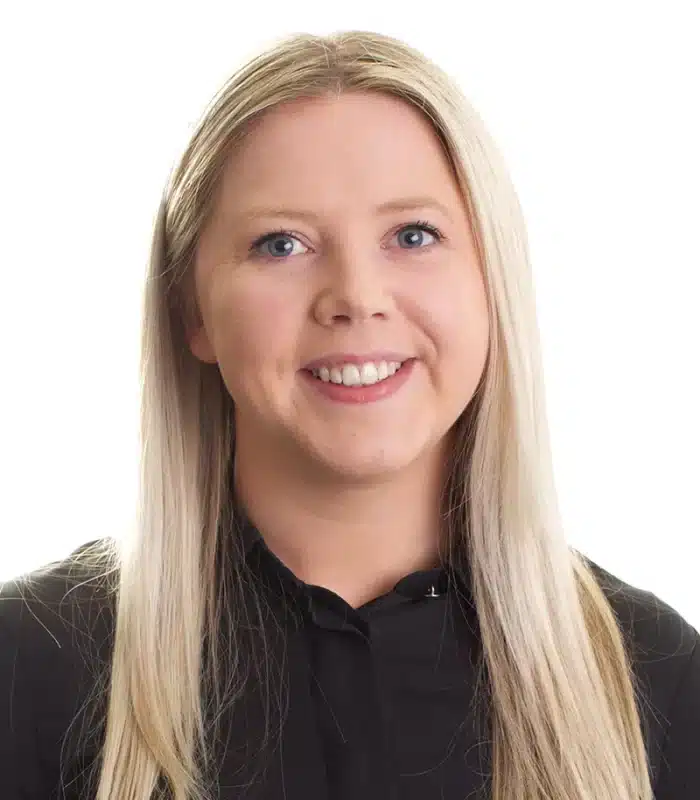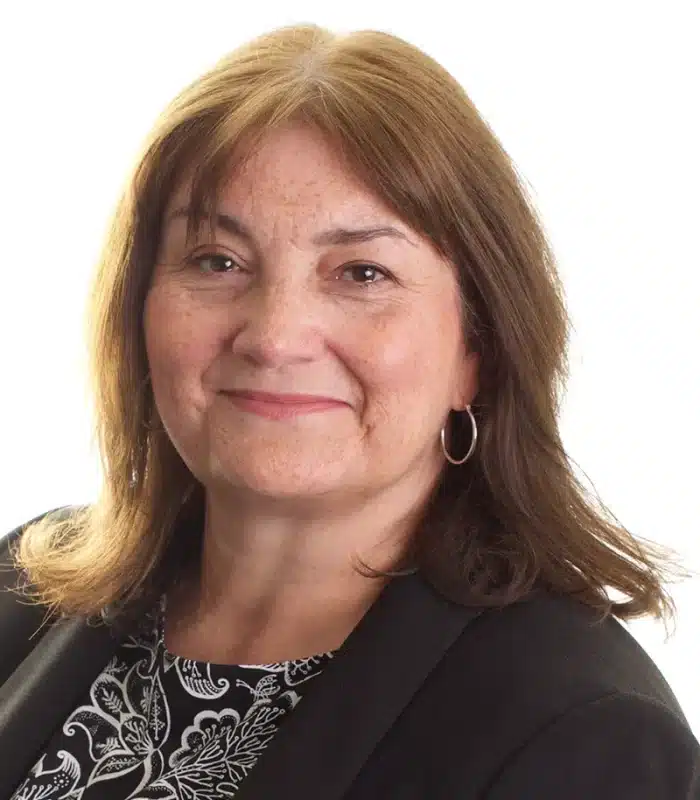What is Lasting Power of Attorney?
Lasting Power of Attorney, known also as an LPA, allows you to appoint someone else, the attorney, to make decisions on your behalf should you lose the mental capacity to make those decisions for yourself.
There are two types of LPA, one to cover finances and property, and one to cover your health and welfare. It’s often the case that older people will apply, choosing a trusted family member or members, or close friend to be responsible for making decisions in the event that it becomes necessary. Attorneys must be over 18.
Lasting Power of Attorney comes into effect if you can’t make decisions, no longer want to make them or lose the mental capacity to decide for yourself. For example, you may need someone to help if you are diagnosed with a condition such as Alzheimer’s and may lose capacity in the future.
An LPA would make sure you’re covered for the future.
You may also need someone to help over a short-term period, for example, you are taken into hospital for a period of time and need someone to help with the bills.




























